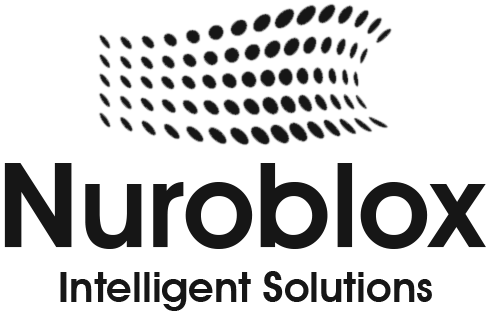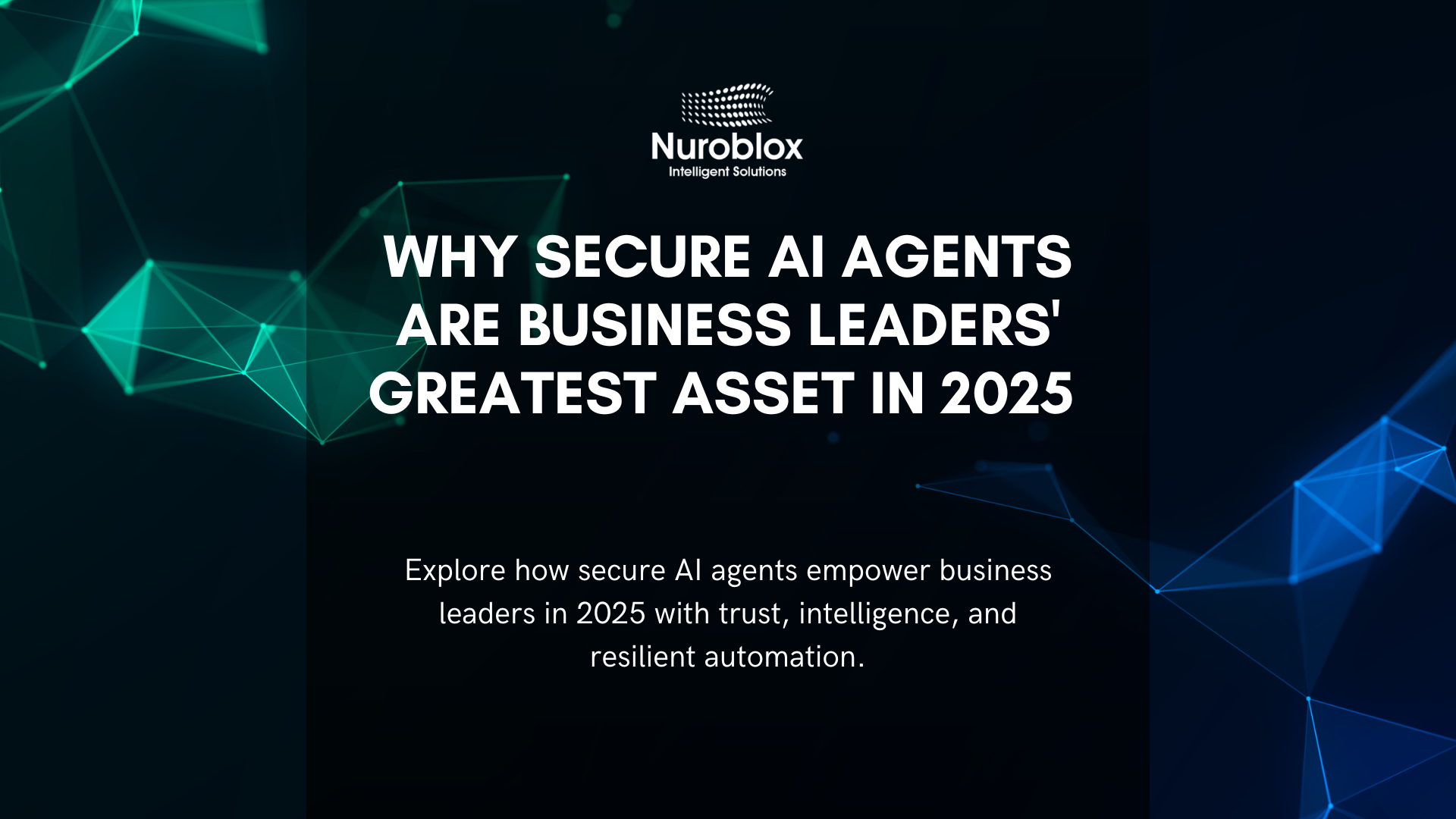Why Secure AI Agents Are Business Leaders’ Greatest Asset in 2025
The cost of a single data breach is staggering. Organizations leveraging security AI and automation save an average of $1.9 million compared to those that do not, a clear indicator of a high-stakes digital environment. Yet, this is just a fraction of the story. We are in the midst of a seismic shift, as artificial intelligence evolves from passive analytical tools into autonomous, agentic AI capable of executing complex business tasks. This leap forward presents an unprecedented opportunity for business leaders to overhaul enterprise operations, moving from a reactive stance to a proactive, predictive, and strategically powerful function.
Traditional business models, reliant on manual processes and periodic assessments, are ill-equipped for the modern digital ecosystem’s speed and complexity. Agentic AI is the game-changer. These are not just algorithms that predict outcomes; they are autonomous systems that can reason, collaborate, and execute tasks to achieve specific goals, from managing supply chains to detecting sophisticated network threats in real time. However, this power brings new risks. An unsecured agent with access to sensitive data can cause exponential harm.
This article provides a comprehensive guide for business leaders on the strategic advantages of adopting a security-first approach to AI agents. We will explore the core benefits these intelligent systems offer, from fortified risk management to supercharged productivity, and provide a practical framework for their safe implementation. For the modern enterprise, understanding and mastering secure AI is no longer a competitive edge, it is a foundational requirement for resilience and market leadership.
Core Strategic Advantages of Secure AI Agents
When implemented with a security-first mindset, AI agents deliver transformative, measurable benefits across the organization. They move businesses beyond incremental improvements to create compounding value through optimized, intelligent workflows.
Fortified Security and Proactive Risk Management
The most immediate advantage lies in strengthening an organization’s security posture. Secure AI agents transform risk management from a reactive, manual discipline into a predictive and automated function.
- Predictive Threat Analytics – By analyzing vast datasets of network traffic, user behavior, and historical patterns, AI agents can forecast potential security events before they occur. This allows security teams to shift from a defensive stance to a proactive one.
- Automated Fraud Detection – AI is exceptionally skilled at identifying subtle patterns and anomalies in financial transactions that human analysts would likely miss, significantly improving fraud detection rates while reducing false positives that can erode customer trust.
- Real-Time Monitoring and Response – AI agents offer “always-on” surveillance, continuously monitoring key risk indicators across the entire enterprise. When a threat is detected, an agent can initiate an automated response such as isolating a compromised system or freezing a suspicious transaction dramatically reducing the time between detection and mitigation.
Unprecedented Productivity and Operational Efficiency
The impact of AI agents on productivity is staggering. A survey by PwC revealed that among companies adopting AI agents, 66% report increased productivity, 57% see significant cost savings, and 55% achieve faster decision-making. These gains are being realized across core business functions –
- Finance and HR – AI agents are automating tasks like cash flow management, invoice resolution, and employee onboarding. Direct Mortgage Corp., for instance, used AI agents to cut loan processing costs by 80% and accelerate application approvals 20-fold.
- Software Development – AI agents are helping programmers complete tasks up to 126% faster, a trend confirmed by a 2025 Stack Overflow survey where 69% of developers credited AI agents with increasing their productivity.
- Enterprise-Wide Gains – The aggregate effect is massive. IBM is on track to realize $4.5 billion in annual productivity gains by the end of 2025 through its strategic use of AI and automation.
Streamlined Compliance and Governance
For businesses in regulated industries, maintaining compliance is a resource-intensive challenge. Secure AI agents automate this process, ensuring continuous adherence to standards like GDPR, HIPAA, and SOX.
- Enhanced Speed and Accuracy – Studies show that AI can help compliance teams handle cases up to 70% faster. AI systems can automate the compilation of documents like Suspicious Activity Reports (SARs), reducing documentation time by 70% and ensuring greater accuracy.
- Continuous Monitoring – Unlike manual audits that offer only a point-in-time snapshot, AI agents enable continuous, real-time compliance monitoring. An agent can constantly check system configurations, review access logs for electronic health records to prevent HIPAA violations, or scan trader communications for signs of insider trading.
- Predictive Compliance – By analyzing historical data on regulatory changes and enforcement actions, AI models can forecast potential compliance risks, allowing organizations to adapt their processes proactively before new rules take effect.
Enhanced Decision-Making and Scalability
AI agents provide business leaders with the real-time, data-driven insights needed for superior strategic decision-making. They can analyze market demands, assess supply chain disruptions, and model financial scenarios with a speed and accuracy no human team can match.
Furthermore, AI agents are highly scalable. As a business grows, its digital workforce of AI agents can be expanded almost instantly without the delays and costs associated with hiring and training human employees. This allows organizations to respond to market dynamics with greater agility and scale their operations efficiently and sustainably.

A Framework for Implementing Secure AI Agents
Harnessing the power of agentic AI requires a comprehensive, multi-layered security strategy focused on enablement, not restriction. A robust framework for enterprise safety must include the following pillars –
Visibility and Inventory
The first step is to achieve complete visibility into your AI landscape. This involves discovering and inventorying all AI agents, models, and tools in use across the organization, then mapping their data access permissions and capabilities. Without a clear inventory, it is impossible to manage the risk of shadow AI. Emerging platforms help by assigning unique IDs to agents, enabling organizations to track their active agent population effectively.
Robust Governance and Process
Effective AI governance establishes clear roles, responsibilities, and accountability for managing AI-related risks. Key components include –
- Full Audit Trails – Maintain a complete, unalterable record of every decision and action an AI agent takes.
- Regular Security Reviews – Conduct ongoing assessments of AI agents and their integrations to identify and remediate vulnerabilities.
- Human-in-the-Loop – Implement protocols that require human oversight and approval for high-impact or irreversible decisions made by AI agents.
Technical Safeguards and Guardrails
Strong security requires technical controls specifically designed for an AI-driven environment. These safeguards should be built-in, not bolted on –
- Principle of Least Privilege – Ensure agents have the absolute minimum permissions necessary to perform their designated tasks. An agent with read-only access is inherently less risky than one that can delete records or execute system commands.
- Runtime Guardrails – Implement systems that monitor agent behavior in real-time to detect and block harmful actions before they can be executed. This includes classifiers that prevent prompt injection attacks and controls to stop sensitive data loss.
- Zero-Trust Architecture – Adopt a zero-trust model that verifies every access request and continuously monitors all activity, assuming no user or system is automatically trustworthy.
The Future is Secure and Autonomous
The future of business is not just about leveraging AI; it is about leveraging secure AI. Organizations that prioritize security and privacy will not only avoid costly penalties but also build a powerful competitive advantage based on trust. When customers, partners, and regulators have confidence that your AI systems are safe, auditable, and reliable, it fuels deeper relationships and opens doors for greater innovation.
Business leaders stand at a critical juncture. The decisions made today about how to adopt and secure AI agents will determine their organization’s trajectory for the next decade. The strategic advantage will belong to those who build their AI strategy on an unshakeable foundation of security, enabling them to automate, innovate, and lead with both intelligence and integrity.
Is your organization’s AI strategy built to capitalize on this autonomous future, or will you be left managing the risks of an unsecured transformation?


